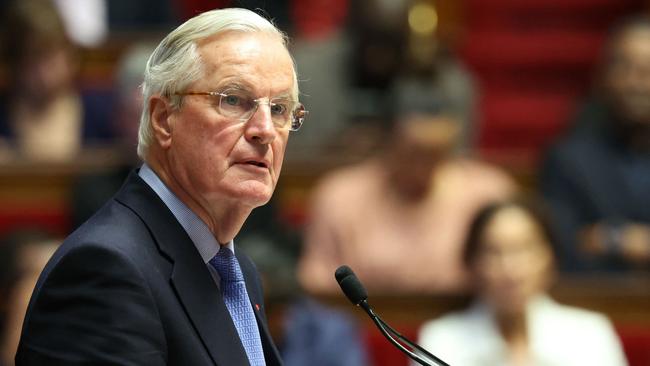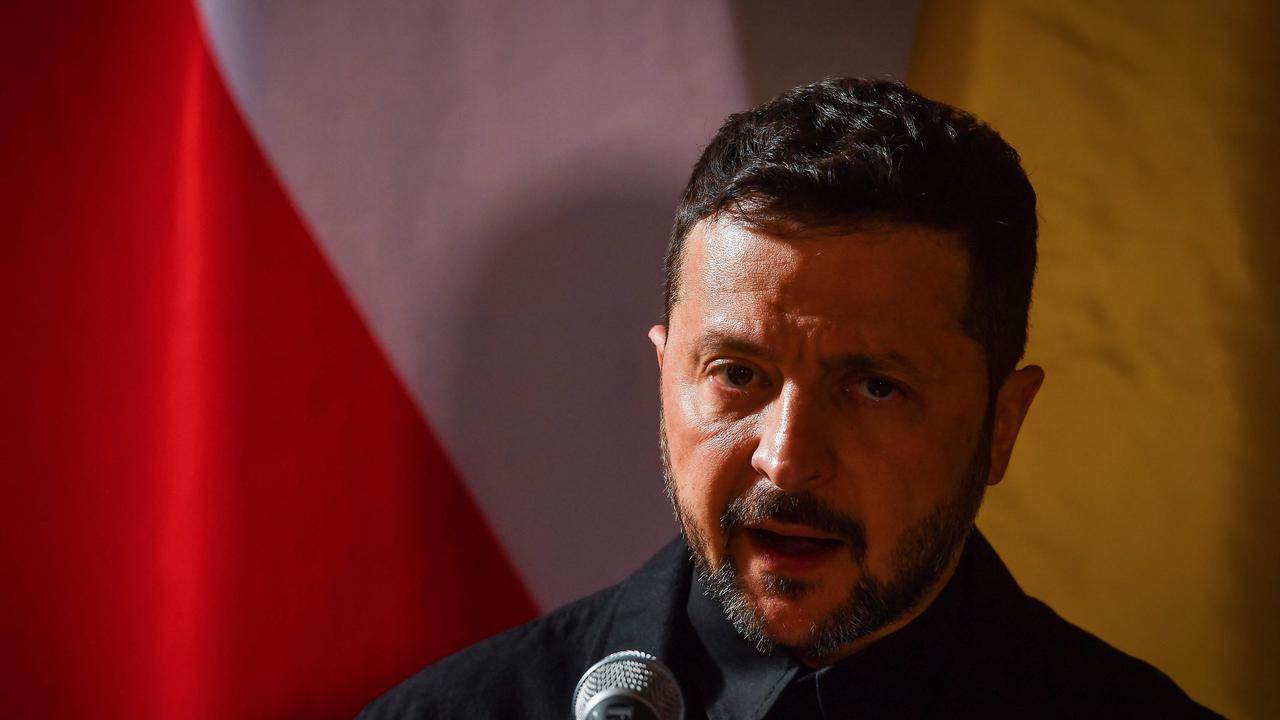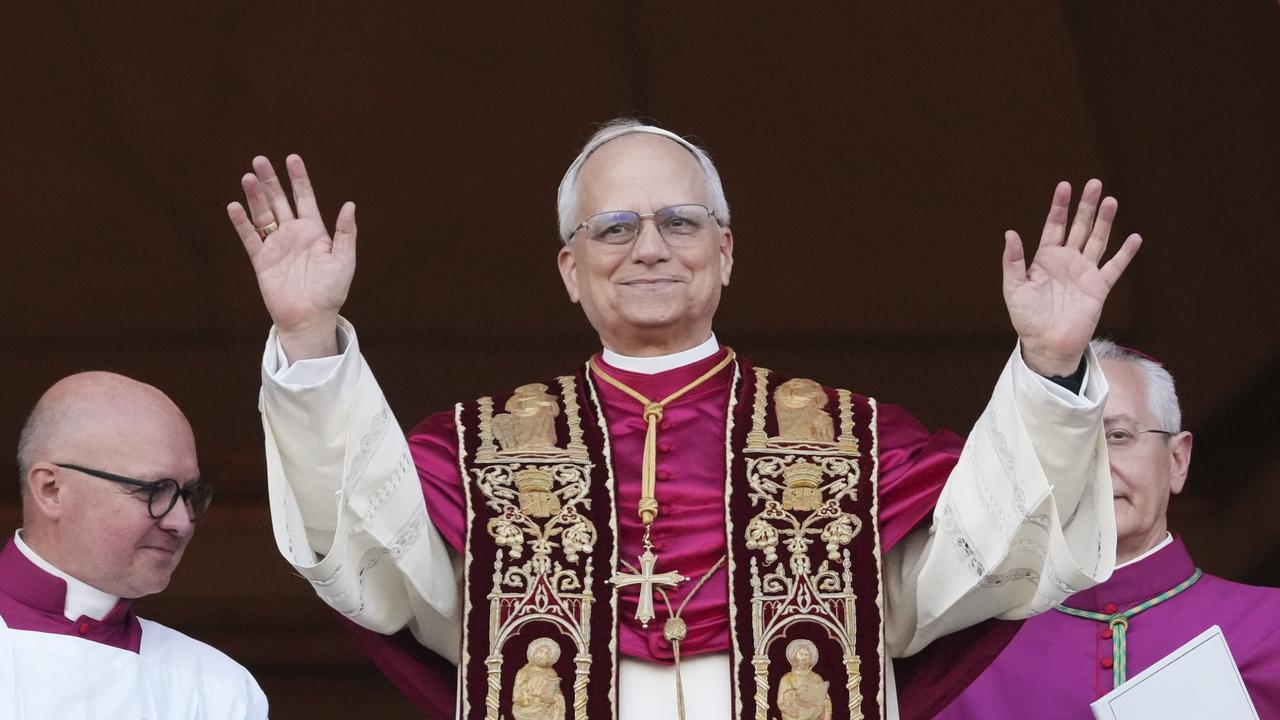French president seeks remedy fix to France’s political crisis
French President Emmanuel Macron will seek ways out of France’s political crisis, after Michel Barnier became the first prime minister to be ousted by parliament in over six decades

French President Emmanuel Macron is under to pressure to resign and will be forced to employ special measures so that a technocratic government can continue to keep the country afloat after a no-confidence vote collapsed the French government on Wednesday night.
The parliament ousted the government of Prime Minister Michel Barnier after the former European Union Brexit negotiator tried to force through a €60bn ($98bn) debt-reducing budget without parliamentary approval.
Mr Barnier had spent just three months in office before parliament approved a no-confidence motion proposed by the hard left, which was also backed by the far right, headed by Marine Le Pen.
This puts the eurozone’s second-largest economy in political limbo and Mr Macron will have to try and find a palatable new prime minister to be able to bring together the three disparate political factions in parliament.
Mr Macron also has the unenviable task of picking a viable successor with more than two years of his presidential term left, while some – though not all – opponents call on him to resign.
Immediately after the vote, the left-wing alliance called for Mr Macron, who is in situ until May 2027, to resign in order to break the political impasse and force fresh elections.
“We are now calling on Macron to go,” said far left leader Mathilde Panot.
Ms Le Pen’s populist National Rally party had opposed Mr Barnier’s budget, which Ms Le Pen described as dangerous and unfair, and said the vote was made “to protect the French”.
Ms Le Pen said Mr Macron was now under significant pressure, however she stopped short of calling for his resignation, and instead said it was an issue for the president himself to decide.
Mr Macron promised to have a new person installed by the weekend to coincide with the opening of the restored Notre Dame, which will be attended by the incoming US president Donald Trump.
But, given that it took him nearly a month to find Mr Barnier, that task will not be easy. Fresh parliamentary elections cannot be held until next July, and in the meantime, the French parliament remains unworkable.
Mr Barnier warned that any future French government faced tough decisions after the country’s debt had spiralled in recent years. He said the issues “won’t disappear by the magic of a no-confidence vote” and added, “this reality will come back to haunt any government, whoever it is’’.
In the vote, 331 MPs out of 577 backed the no-confidence motion put forward by the left-wing alliance and which was supported by the right-wing factions, resulting in the first fall of a French government for 62 years.
Mr Barnier’s rapid ejection from office comes after snap parliamentary elections in France’s summer, which resulted in a hung parliament with no party having an overall majority and the far-right holding the key to the government’s survival.
Speaker Yael Braun-Pivet confirmed Mr Barnier would now have to “submit his resignation” to Mr Macron.
The President flew back into Paris just ahead of the vote after wrapping up his three-day state visit to Saudi Arabia.
On Tuesday, Mr Macron had accused Ms Le Pen’s far right of “unbearable cynicism” in backing the motion. Some observers suggested Ms Le Pen, 56, wanted to bring down Mr Macron before his term ended by ousting Mr Barnier. Ms Le Pen is embroiled in a high-profile embezzlement trial. If found guilty in March, she could be blocked from participating in France’s next presidential election. But if Mr Macron stepped down soon, an election would have to be called within a month, potentially ahead of the verdict in her trial.
No new elections can be called within a year of last year’s vote, narrowing Mr Macron’s options.
Laurent Wauquiez, the head of right-wing deputies in parliament, said both the far right and hard left bore the responsibility for a no-confidence vote that would “plunge the country into instability”.
With markets nervous and France bracing for public sector strikes over the threat of cutbacks that will shut schools and hit air and rail traffic, there is a growing sense of crisis.
Candidates for prime minister are few and far between, but loyalist Defence Minister Sebastien Lecornu and Mr Macron’s centrist ally Francois Bayrou are possible contenders.
Additional reporting: AFP



To join the conversation, please log in. Don't have an account? Register
Join the conversation, you are commenting as Logout